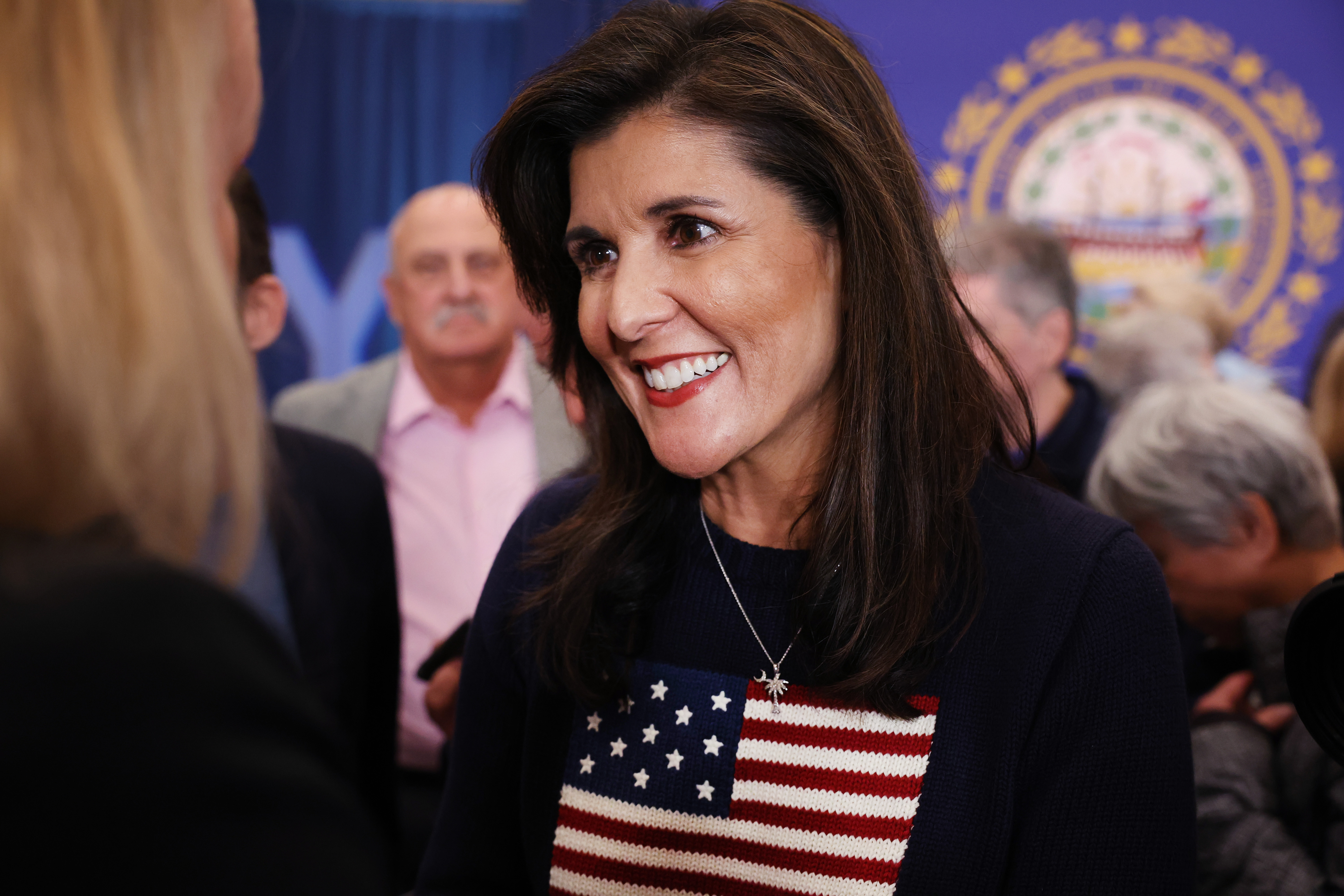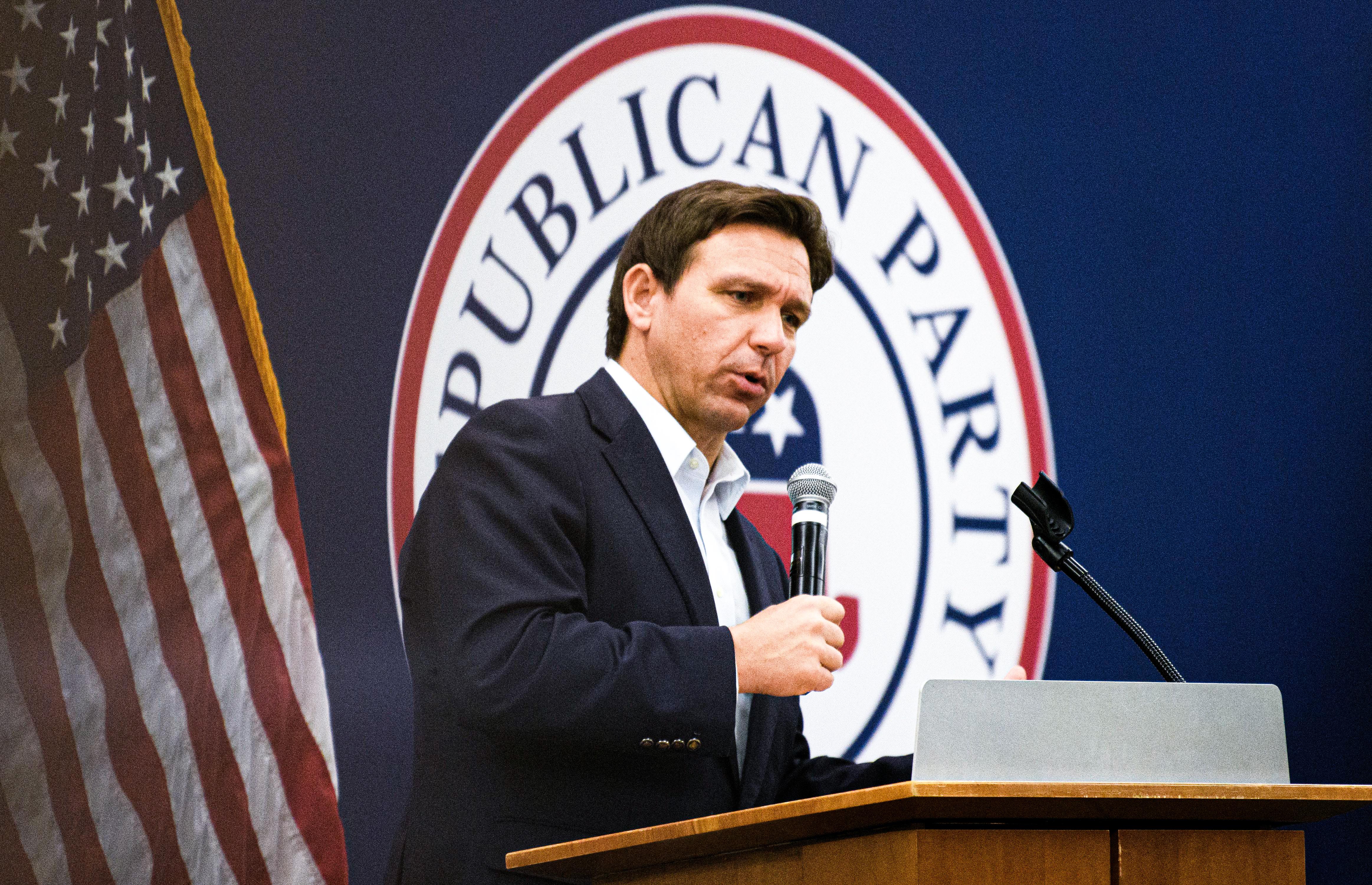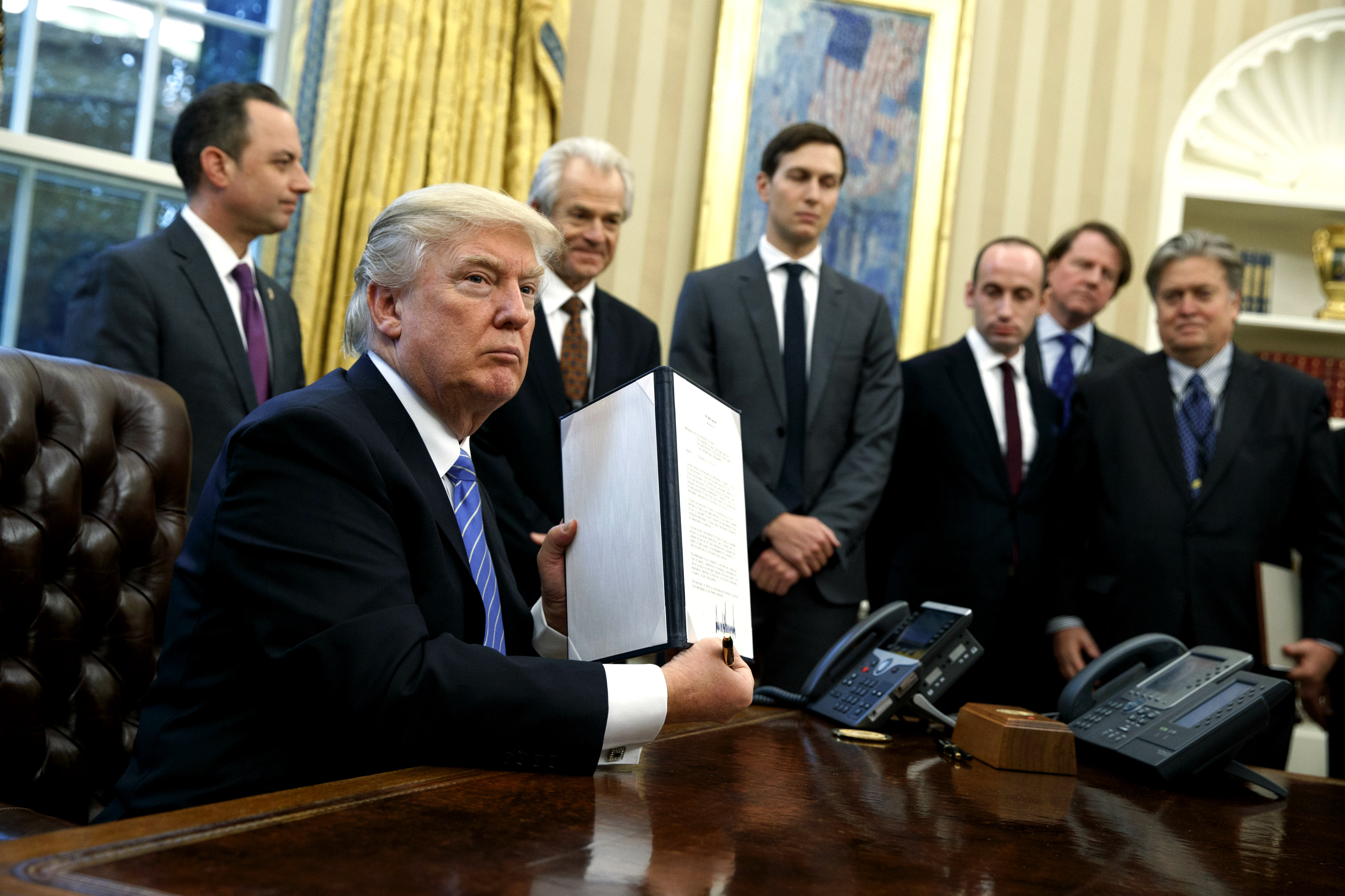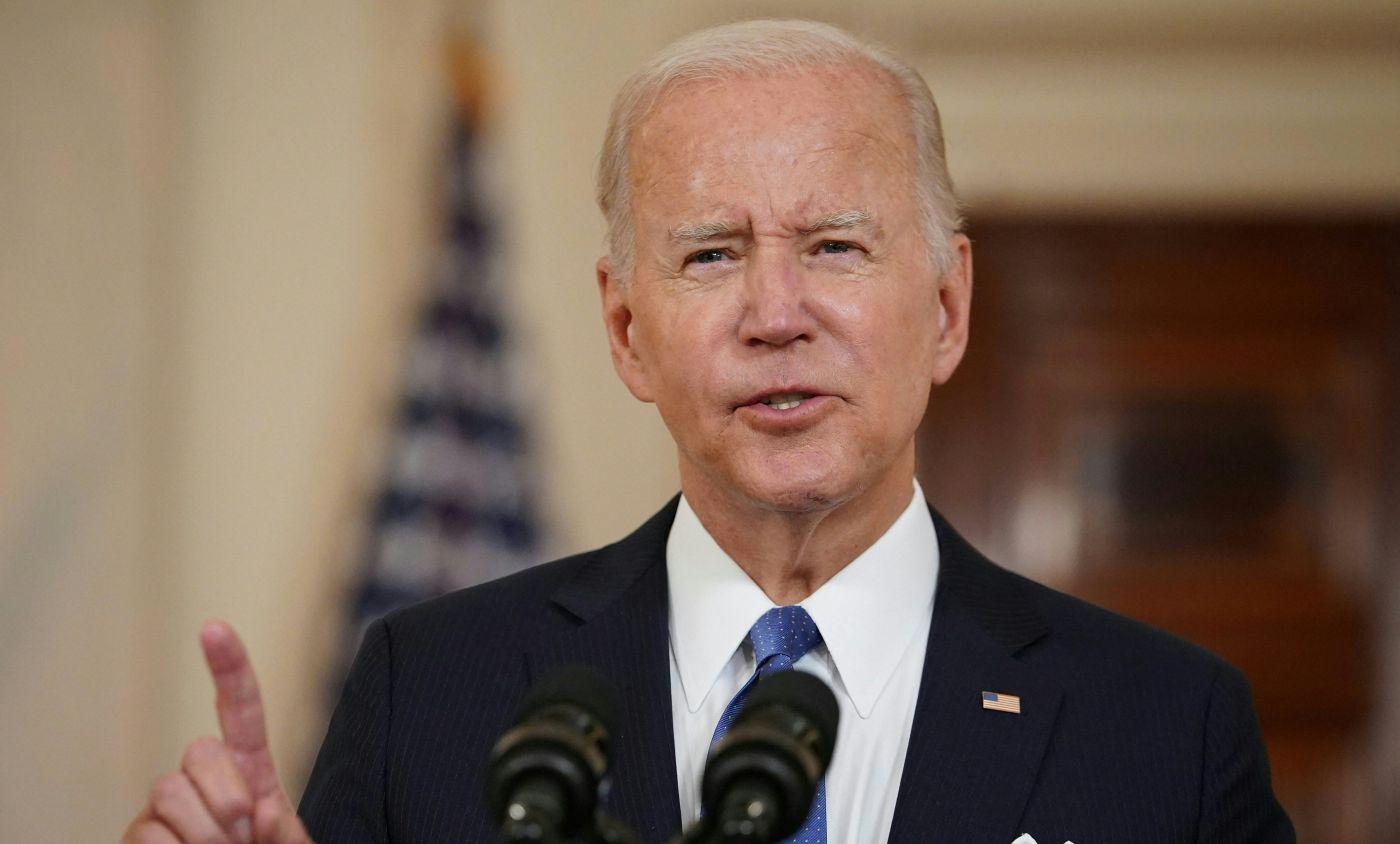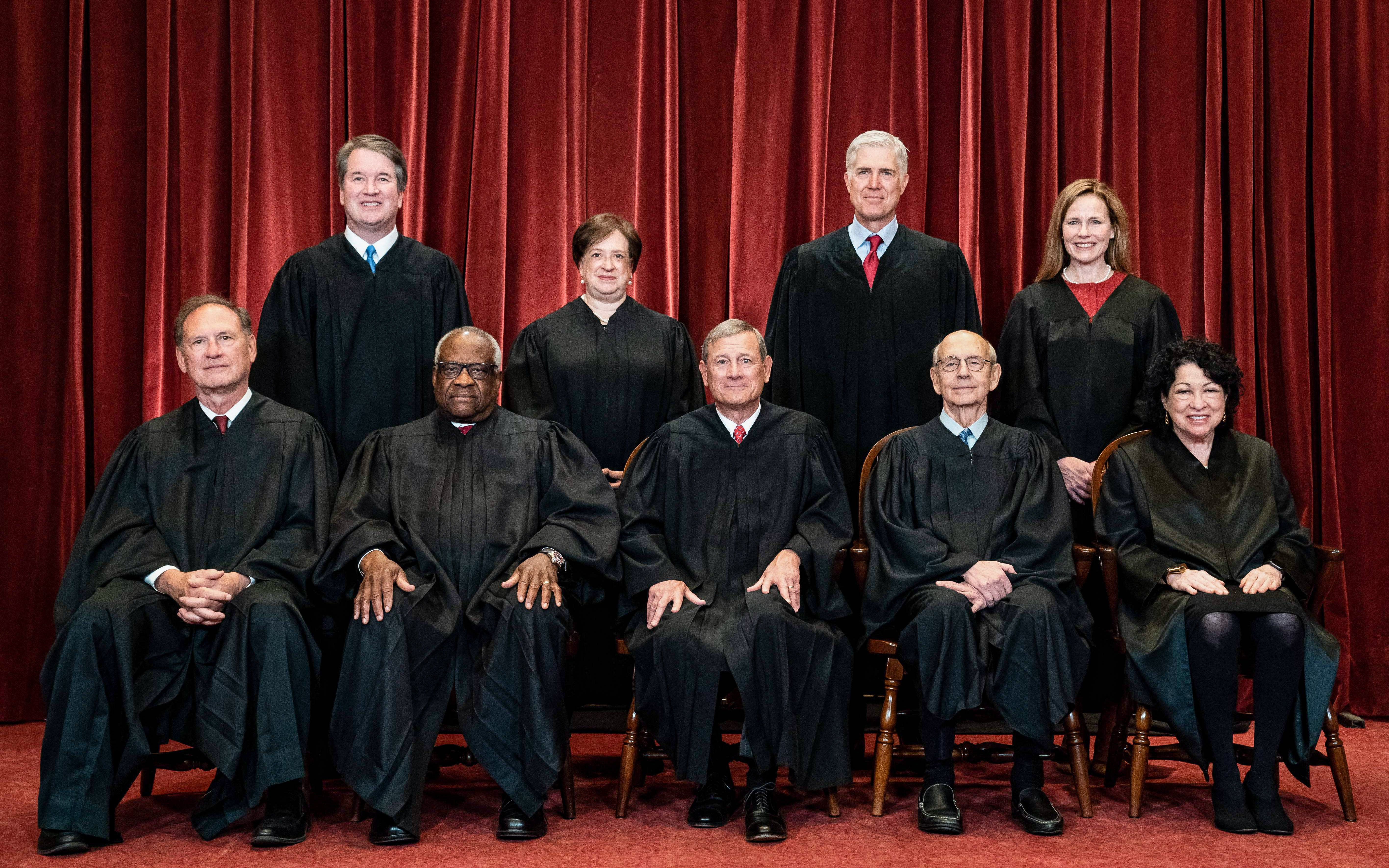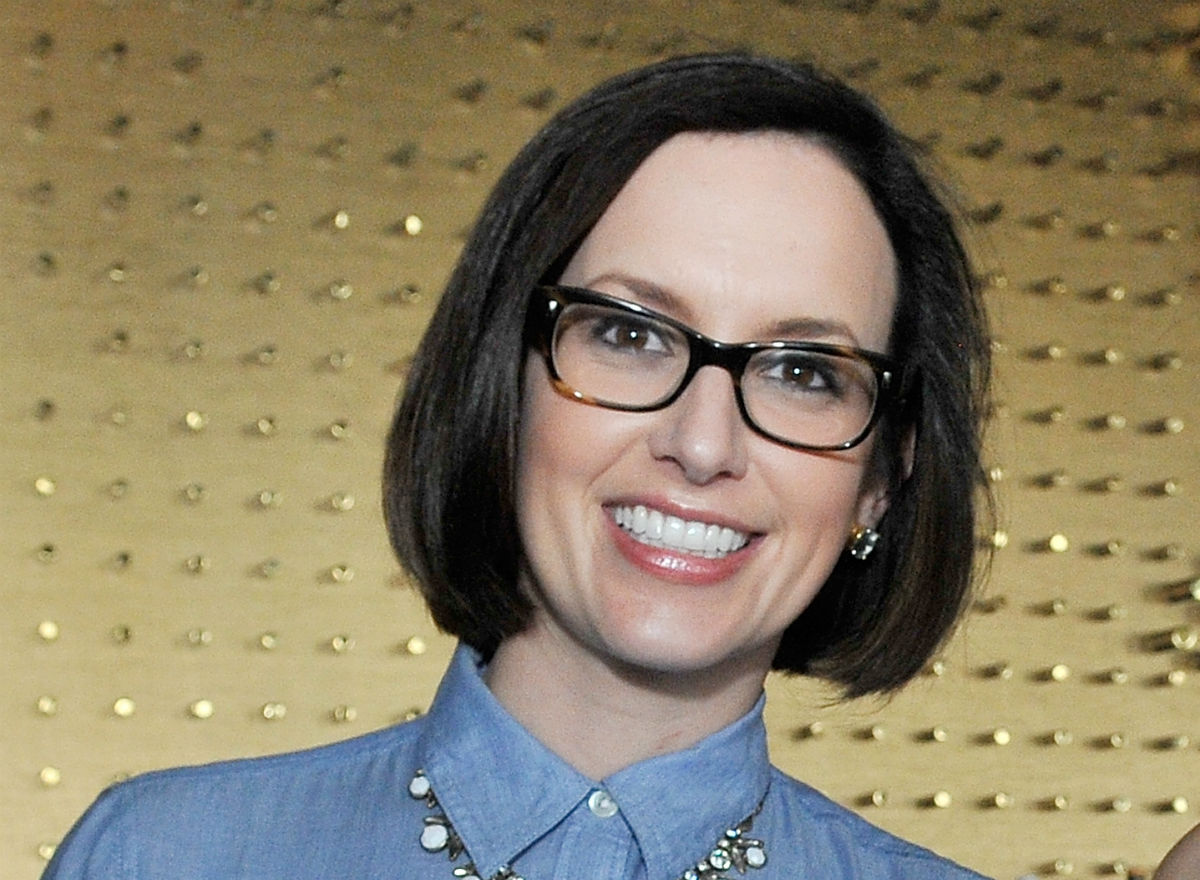

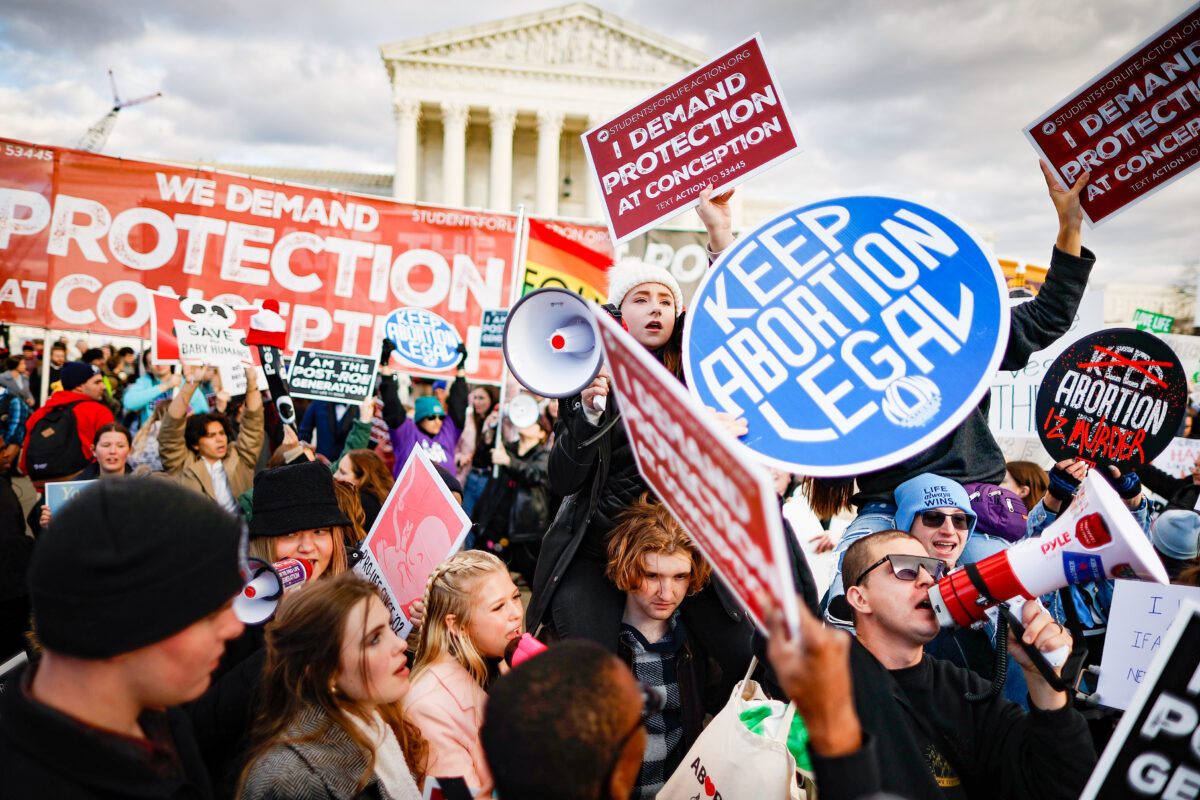
The 2024 presidential election marks the first since the U.S. Supreme Court decided to return abortion authority to the states last year. Since then, it has been a free-for-all. A patchwork of laws restricting or protecting abortion dots the nation, spawning legal challenges in many cases.
Thus, America’s next president will be thrust into refereeing an emotional tug of war over the legality and morality of abortion.
But to win the presidency, each candidate faces a formidable challenge. While consulting their consciences about a life-or-death issue, they must also consider political reality. Each must appease their conservative or progressive bloc of supporters. Yet none can afford to alienate independents whose votes could mean the difference between victory and defeat on Election Day.
In the current climate, voters who used to care little about the abortion issue might be motivated to make it “a much higher priority,” said Michael New, assistant professor of practice at The Catholic University of America.
“I think it creates both opportunities and challenges for both political parties,” he told The Epoch Times.
In recent days, pro-abortion Democrat President Joe Biden and pro-life Florida Gov. Ron DeSantis, a presumed Republican presidential hopeful, both directed abortion-related barbs at the front-runner for the Republican presidential nomination, former President Donald Trump.
And Republican candidate Nikki Haley told a TV interviewer that neither party has enough votes to pass a federal abortion ban, so it would be “unrealistic” and divisive to discuss it further.
After his CNN town hall appearance on May 10, Trump drew fire from the left and the right on the abortion issue.
Trump, who often responds straightforward to questions, tiptoed around the topic. Repeatedly asked whether he would sign a federal abortion ban, Trump gave no direct answer. Instead, he made comments such as: “We want to do what’s right for everybody.”
He did denounce “radical” people who want unrestricted access to abortion, even in late-stage pregnancies. Repeating a position he has maintained for years, Trump said he believes that abortions should be allowed in certain circumstances. Those include pregnancies involving rape, incest, or life-endangering health conditions.
On May 15, a Florida-based publication, The Messenger, quoted Trump saying that he thought that many pro-lifers would consider Florida’s new six-week abortion cutoff “too harsh.”
“He has to do what he has to do,” Trump said, referring to DeSantis. “If you look at what DeSantis did, a lot of people don’t even know if he knew what he was doing. But he signed six weeks, and many people within the pro-life movement feel that that was too harsh.”
In a retort to Trump during a news conference, DeSantis said he stood by his decision to approve The Heartbeat Protection Act. The law forbids abortions after six weeks of pregnancy. Around that time, or sooner, many fetuses’ heartbeats can be detected.
DeSantis, who is expected to announce his candidacy soon, declared: “Protecting an unborn child when there’s a detectable heartbeat is something that almost, probably, 99 percent of pro-lifers support.” He said he was proud to sign the law, and he knocked Trump for refusing to answer whether he would sign a similar measure.
New said he viewed Trump’s abortion position as “evolving,” while DeSantis has locked himself into a stance favoring an abortion ban at six weeks of pregnancy.
“Trump has not really expressed clear support for any kind of federal legislation just yet. Now, that may change,” New said. “But that does create an opening for DeSantis, and it may create an opening for other Republican candidates” to snare pro-life votes.
During his CNN appearance, Trump said he would “negotiate” abortion restrictions, “so that people are happy.”
In a later interview with Newsmax, Trump said that, “We’re in the position now where we can get something that the whole country can agree with.”
Abortion is a non-negotiable issue for about one-quarter of U.S. voters, according to the nonpartisan Public Religion Research Institute (PRRI). Those voters say “they will only vote for a candidate who shares their views on abortion,” PRRI’s 50-state survey released earlier this year shows. Only 20 percent of voters give abortion little weight.
“I don’t think President Trump can find legislation that will make everybody happy with this issue. That’s impossible. People disagree,” New said.
Earlier this month, NARAL Pro-Choice America stated that a research firm found “an overwhelming majority of voters reject the argument that banning abortion at 15 weeks is a ‘compromise’ on abortion rights.” Formerly known as the National Association for the Repeal of Abortion Laws, NARAL has a political action committee that “ranks as one of the wealthiest single-issue political action committees,” according to Brittanica.com, “and has been credited with supplying crucial support for close races.”
Further, NARAL said, 73 percent of voters, “including a majority of 2020 Trump voters” and three out of four independents, “believe things have gone too far.” As of early May 19, states have eliminated or restricted abortion, NARAL said.
New cautioned against putting too much weight on abortion polls; the results, he said, are “very sensitive to how they’re worded.”
PRRI and other surveys have found that about half of Americans disagree with the Supreme Court’s decision to overturn the landmark abortion case, Roe v. Wade.
That 1973 ruling classified a woman’s decision to abort a pregnancy as a constitutionally protected right up until the point when a fetus was viable enough to live outside the womb. But last year, in Dobbs v. Jackson, the court, by a 6-3 vote, ruled: “The Constitution makes no reference to abortion, and no such right is implicitly protected by any constitutional provision.”
During and after his CNN town hall, Trump took credit for appointing three conservative justices who helped tip the scales in the Dobbs decision.
Amy O’Donnell, spokeswoman for Texas Alliance for Life, told The Epoch Times that Trump deserves credit for his work in the pro-life arena.
“It is important to recognize that President Trump made great gains in the pro-life movement and kept his promises as far as advocating for the protection of life,” she said. “So we have to just pause and show our gratitude for that. He definitely prioritized life in his first presidency.”
In a May 15 Truth Social post, Trump wrote: “After 50 years of failure, with nobody coming even close, I was able to kill Roe v. Wade, much to the ‘shock’ of everyone, and for the first time put the pro-life movement in a strong negotiating position over the radicals that are willing to kill babies even into their ninth month, and beyond.
“Without me, there would be no six weeks, 10 weeks, 15 weeks, or whatever is finally agreed to. Without me, the pro-life movement would have just kept losing. Thank you, President Trump!!!”
Biden, running for president against Trump, used that post as ammunition.
On his personal Twitter account, Biden posted a screenshot of Trump’s statement and wrote: “That’s about as clear as it gets. Donald Trump and MAGA [Make America Great Again] Republicans are responsible for killing Roe v. Wade. And if you vote for them, they’ll go even further.”
Biden’s tweet was viewed 9 million times within a day after it was posted; more than 81,000 people indicated they liked it.
But Biden’s opinion didn’t sit well with Mindy Robinson, who describes herself as an “independent journalist,” and “anti-government libertarian.”
She responded, in part: “Go ‘further’ than allowing the people in different states to [choose] for themselves on what to do about the topic? Yea…how ‘awful.'”
Throughout his administration, Biden’s office has issued statements describing abortion as a necessary type of “health care.”
Last July, following the Dobbs decision, the White House released a statement denouncing it.
“Fundamental rights—to privacy, autonomy, freedom, and equality—have been denied to millions of women across the country, with grave implications for their health, lives, and wellbeing,” the White House said. “This ruling will disproportionately affect women of color, low-income women, and rural women.”
“President Biden has made clear that the only way to secure a woman’s right to choose is for Congress to restore the protections of Roe as federal law,” the statement said.
In the meantime, Biden signed an executive order “protecting access to reproductive care services,” and instructed the Department of Health and Human Services “to protect and expand access to abortion care,” including access to abortion pills, the statement said.
However, Biden’s position appears likely to play well with Democrats, based on PRRI’s findings.
When party affiliation is factored into the abortion debate, the differences between Republicans and Democrats appear stark.
Only about one-third of Republicans favor keeping most abortions legal; that number has remained relatively steady for more than a decade.
In contrast, support for abortion among Democrats has increased 16 percentage points since 2010; last year, 87 percent of Democrats favored abortion in most cases, the PRRI survey said.
Abortion attitudes of both Trump and Biden have shifted over the years, too.
In 1982, near the beginning of his longtime political career as a Democrat, Biden had voted in favor of an amendment that sought to overturn Roe. At the time, Biden said it was a difficult decision because of religious affiliation with the Roman Catholic Church, which staunchly opposes abortion. However, Biden voted the opposite way against the same amendment a year later, USA Today reported.
In 1999, Trump stated that he was “very pro-choice.” But he also said he was disquieted over abortion procedures. He viewed abortion as a personal decision between women and their doctors and wished it would stay out of politics, according to Ballotpedia.org.
However, Trump said he later spoke to doctors he respected, causing him to conclude that he would support a ban on so-called “partial-birth abortions,” performed late in pregnancy, Balletopedia said.
By late 2015, Trump was calling for defunding of Planned Parenthood, which provides many abortions. He also said he wanted to consider looking at overturning Roe.
The Epoch Times sought comment from Planned Parenthood and several other pro-abortion groups, but received no response by press time.
Trump’s recent remarks have caused pro-life leaders to worry about a possible change in his stance again.
Tony Perkins, president of the Family Research Council, says Trump’s CNN Townhall highlighted the importance of the abortion issue in the 2024 election cycle.
He calls the Trump administration “the most pro-life in our history.” In a May 11 blog post, Perkins lauded Trump for a 2016 presidential debate against Hillary Clinton, when he “graphically described the brutality of the abortion procedure.” He also cited Trump’s appointment of the three conservative Supreme Court justices—Neil Gorsuch, Amy Coney Barrett, and Brett Kavanaugh—as “a signal achievement.”
But Perkins was “deeply concerned after a Trump spokesman recently said that the former president believes abortion should be decided at the state level.
Perkins also disliked that some Republicans “were glad to see the end of the fictional constitutional right to abortion, but some seemed more glad to kick the life issue back to the states than take any further action.”
A former Louisiana state lawmaker who crafted pro-life legislation, Perkins said that, to him, “personhood in the womb is not just a state issue—it is the most profound of all human rights issues. It merits federal consideration—and protection.”
Perkins and other pro-life leaders met with Trump in Miami to discuss these concerns. “Mr. Trump reaffirmed his commitment to protecting children who can feel pain and are actually sucking their thumb in their mother’s womb. His horror at late-term abortion and the incredible idea that some so-called ‘unwanted’ children could be left to die after birth remains unchanged,” Perkins said.
“I deeply appreciate the pro-life, pro-family policies that President Trump’s administration advanced,” Perkins said. He said he would not be endorsing any candidates in the primary but would work with Trump and all other candidates on “issues impacting faith, family, and freedom.”
O’Donnell said: “The Texas Alliance for Life would like to see a candidate who would like to see every state in the United States look like Texas, where life is protected from conception, on. But at a bare minimum, anybody that we endorse must at least be for a 15-week protection of life law that is a federal law across the United States. And that’s just something that we’re going to look for before we put forward any endorsement from our organization.”
O’Donnell acknowledged that, ideally, while many pro-life advocates favor an all-out abortion ban, “when it comes to protecting life, one of the things that we’ve learned in Texas is that we have to make incremental gains.
“The first time we try to advance a law may not be the first time that that law passes. But we believe that we’re making some progress, that we’re planting seeds. And then we’re going to keep making the effort until it does pass,” she said.
“Our track record has shown that that approach has brought us tremendous pro-life gains in our state. And I believe that that will happen at the federal level as well,” O’Donnell said.
Some pundits describe abortion as a “wedge issue” that Democrats can use to differentiate themselves from Republicans; they could then use this issue to attract votes from Republican-leaning voters who are not strongly against abortion.
But others dispute whether abortion wields as much political sway as it once did.
In a pre-Dobbs Politico article last year, Sarah Isgur, a Harvard University law school graduate and former Justice Department spokeswoman during the Trump administration, acknowledged that a prediction she made in 2021 was wrong. She thought Republicans would see political backlash over abortion. “Instead, Republicans saw near-universal gains across the country,” she wrote.
“After 50 years of abortion politics sorting voters, maybe there is nobody left to lash back,” Isgur said.
Perhaps the vast majority of voters who care deeply about abortion or other issues may have already changed their party affiliation to align with each party’s “increasingly firm” stance on abortion, she suggests.
If Democrats do push hard on the abortion issue, they risk off-putting Latino and black Democratic voters, “who are already more conservative than white Democrats on many social issues, including abortion,” Isgur said.
Besides, PRRI points out: While many people have passionate beliefs about abortion, a slim majority of voters—52 percent—say abortion is “just one of many important factors” influencing how they cast their ballots.

